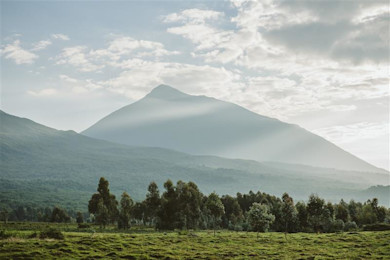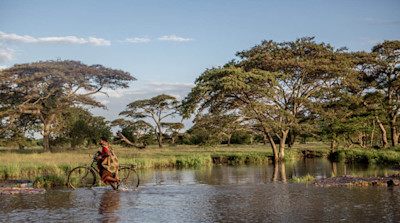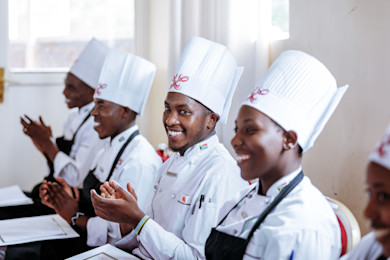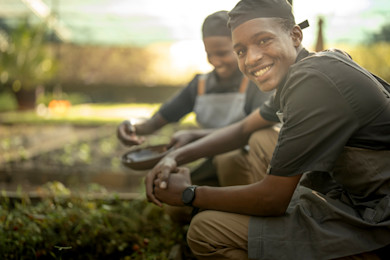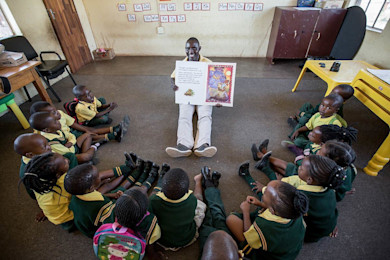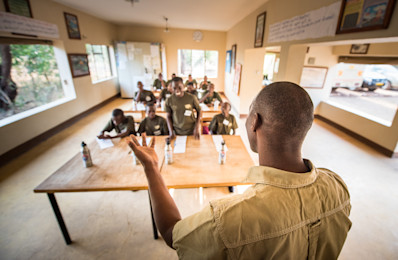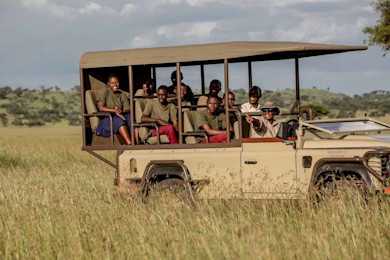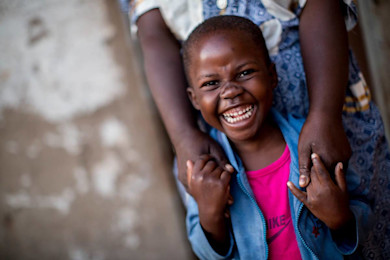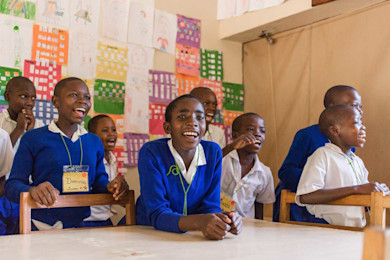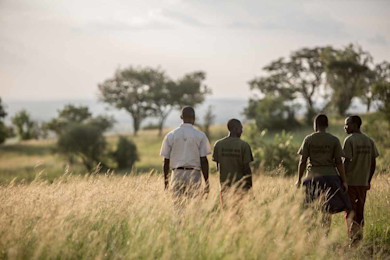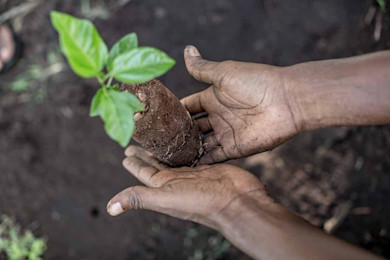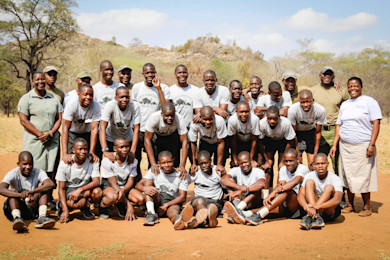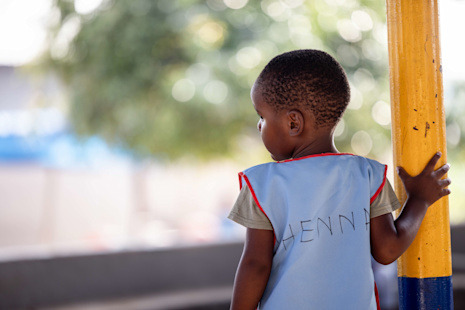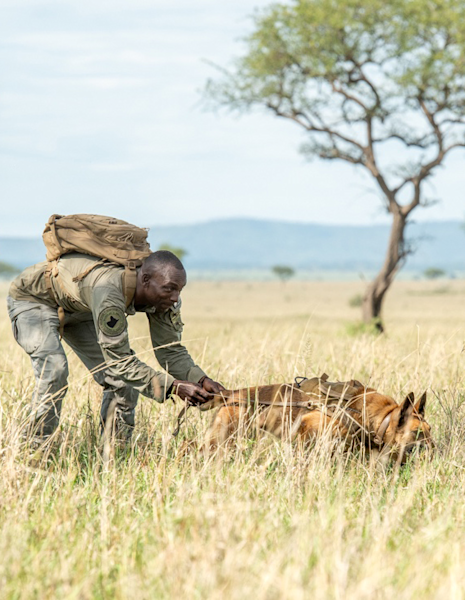
Kambako Living History Museum
Keeping the Shangaan culture alive
Kambako is a ‘living museum’ just outside Malilangwe Reserve and serves as an incredible showcase of the Shangaan culture. Guests to Singita Pamushana have the opportunity to visit Kambako to learn more about the skills and customs that are intrinsic to this region.
In the past, the Shangaan people were hunter-gatherers. Their lifestyle is showcased through demonstrations of traditional skills which visitors can see in action and try out for themselves. These include fire-making using the traditional method of friction, water divining, bow-and-arrow making, identifying edible tubers, fashioning traps for rodents and game birds, smelting iron to make spears and other implements, making clay pots and weaving baskets. This exciting and interactive experience will teach guests some traditional skills and a sense of really understanding the customs that have shaped the people of this region.
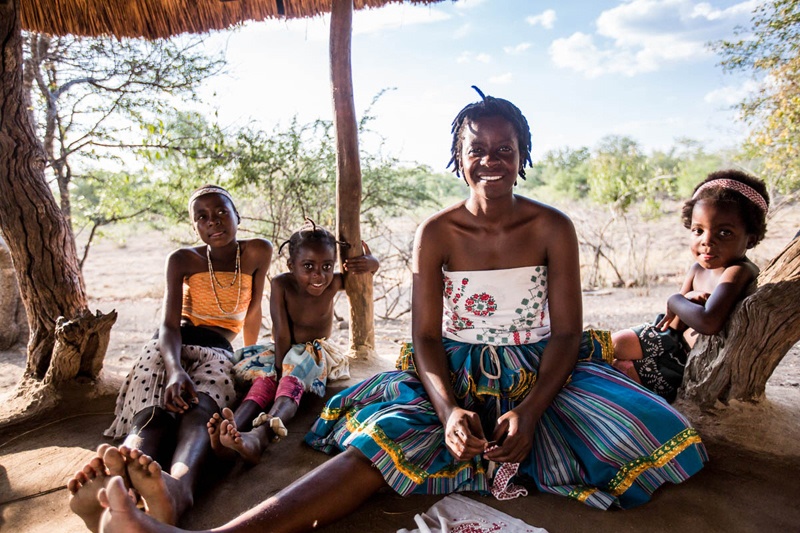
Kambako Living History Museum
CommunityShare:
Conservation Partner
Malilangwe Trust
As custodians of the Malilangwe Wildlife Reserve in Zimbabwe, the Malilangwe Trust manages the conservation of this pristine wilderness – which comprises 38 different habitats and ecological zones in 115,000 acres of protected land.
After successfully introducing 28 black and 15 white rhinos to the reserve in 1998, it is now home to a globally significant population of both and the programme has been so successful that it is a source for restocking rhinos in other reserves on the continent.
The Trust has developed a blueprint for creating harmony between conservation initiatives and community development in villages that neighbour wildlife areas and ensured a sanctuary for a wide range of wildlife, including breeding herds of rare antelope species such as sable and roan.
An onsite Environmental Education Centre for school teachers and children allows them to immerse themselves in Outdoor Education and fieldwork, while the Trust’s nutrition programme provides 20,000 children with a fortifying meal before school every day in order to address increasing food insecurity in the region.
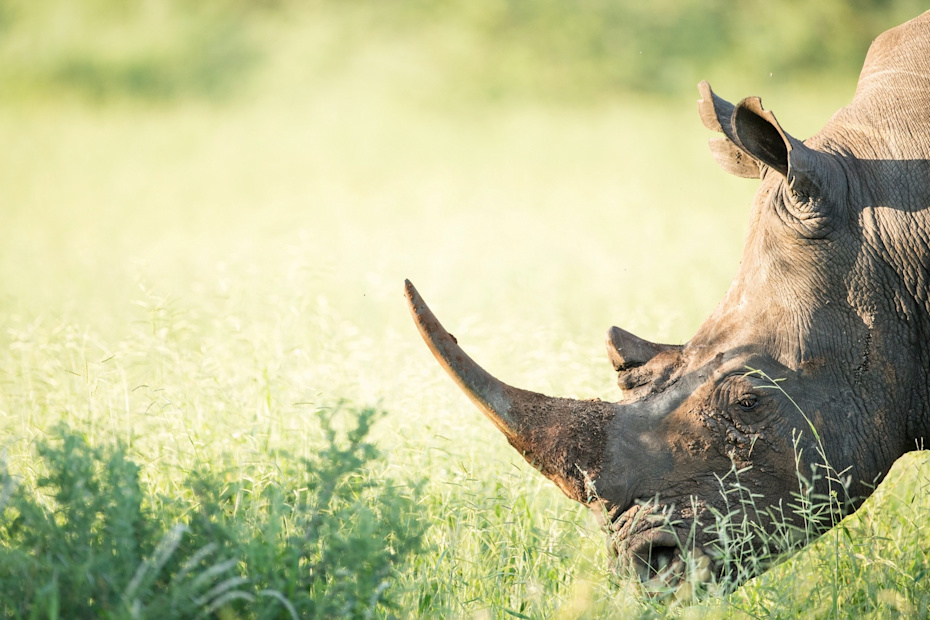
Other Community Projects
AllRwandaTanzaniaSouth AfricaZimbabwe
AllRwandaTanzaniaSouth AfricaZimbabwe
